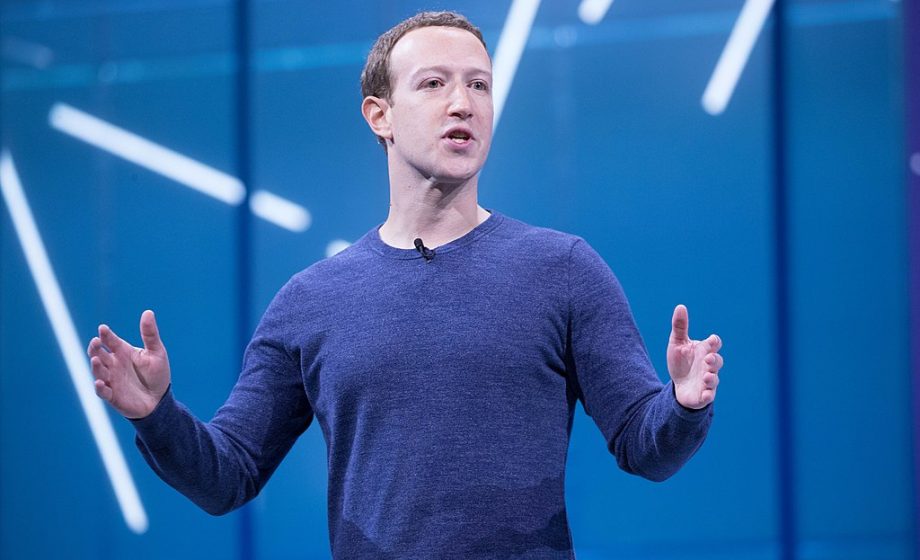Facebook has published details of its plan to establish an independent oversight board to moderate content on its platform, with the power to overrule CEO Mark Zuckerberg and other company executives, according to BBC News.
The plan for the Facebook “supreme court” was first announced in a blog post by Zuckerberg last November. On Tuesday, on a call with reporters, he revealed additional details about how it will function.
While it will launch with just 11 part-time members, the board will eventually be comprised of 40 members, and will begin hearing cases next year. Each member could serve as long as nine years, in three-year terms.
The board will make judgements on cases where users’ content is removed from the platform, providing oversight of Facebook’s content decisions” and “reverse Facebook’s decisions when necessary,” according to the company.
“The board will be an advocate for our community — supporting people’s right to free expression, and making sure we fulfill our responsibility to keep people safe. As an independent organization, we hope it gives people confidence that their views will be heard, and that Facebook doesn’t have the ultimate power over their expression,” Zuckerberg wrote.
Facebook estimates that the board will adjudicate several dozen cases each year, including major disagreements that have exhausted the platform’s existing moderation, focusing on cases in which a ruling would offer “the greatest public benefit.” Users would be able to submit written statements to make their case to the board.
In one recent example of such a disagreement, an anti-abortion video was removed from the platform after an independent fact-checking organization, contracted by Facebook, concluded that it contained inaccurate information. Four Republican senators complained about the decision to Zuckerberg, arguing that the platform is biased against conservative views, and the content was ultimately reinstated. In the future, such a decision could be left to the oversight board.
Zuckerberg also said that it could also eventually help oversee moderation on other platforms.
The board will be funded through a trust, which will itself be funded by Facebook. Critics have questioned whether the board would be truly independent.
According to Oxford Internet Institute senior research fellow Bernie Hogan:
“Facebook does not have a court. The only vote that really counts is the majority shareholder, Mark Zuckerberg. Facebook’s ‘supreme court’ invokes all the pomp and circumstance of actual judicial practice without any of the responsibility to citizens.”

